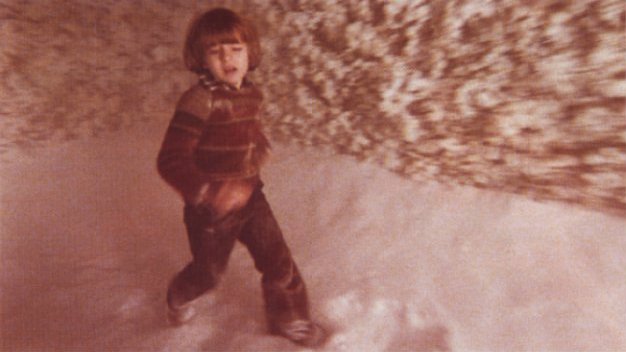“Was not their mistake once more bred of the life of slavery that they had been living?—a life which was always looking upon everything, except mankind, animate and inanimate—‘nature,’ as people used to call it—as one thing, and mankind as another, it was natural to people thinking in this way, that they should try to make ‘nature’ their slave, since they thought ‘nature’ was something outside them” — William Morris
Saturday, May 14, 2011
Eco-Weakness
I believe that the ecological era is an era of human hypocrisy, weakness and lameness. If you've heard some of my recent talks you'll understand what hypocrisy means and why. There is also some discussion of it in my Speculations II essay.
I'd like to start talking a little more rigorously about weakness. (And then perhaps we'll move on to lameness!) You should know that I mean these words with a slight ironic twinkle in my eye, rather than a damning sneer.
By weakness I very much don't mean that humans are weaker than Mother Nature or that we should tremble at the overwhelming authority of anything. I see weakness as an adaptive survival trait of small mammals that survived the cataclysm that wiped out the dinosaurs.
I also see weakness as a way to subvert Nietzsche—literally, by tunneling underneath him rather than trying to vault over him (Nietzschean strategy!). Most left critique is unfortunately stuck in Nietzsche mode, despite its pretensions to Marxism or whatever. The game is to cultivate the perfect attitude, the perfect stance towards phenomena. Beautiful soul syndrome. I show that this is strictly impossible on the inside of an object, that is, anywhere in reality.
Since the biosphere and its attendant global warming are one heck of an object, we appear unable to achieve escape velocity from it. Even if you move to Mars, you are doing so in relation to problems of climate down here on Earth. And you will have to terraform Mars to produce a human friendly biosphere. You have the same problem. You are inside the same sort of object.
So we take the biosphere with us wherever we go. Now it's part of our cognitive map.
Now for rather selfish reasons I'm going to change the subject to issues of language. I believe that some of the inconsistencies of language are symptoms of our coexistence with other objects. I believe that this makes our language inherently weak. Unlike those theorists who want to posit human language as powerful or rich, I have a hunch that it's weak and flexible.
I have a hunch that the reason why you can say things like “This statement is false” in English is not because English is rich, but because English is weak. Like the branch of a willow tree, it bends.
Software languages are not less expressive than English, but in a way, they are more expressive! Every term really means something. Or really does something.
When you try to dissipate the Liar paradox (“This statement is false” and variants) you end up having to jump to another language. This language can also generate the Liar paradox, in a modified form. The language tries to tamp down the problem, but in doing so it becomes more brittle than English.
This issue is more than adjacent to Gödel's Incompleteness Theorem, which I posted about early on in my thinking on OOO. I think there are object-oriented reasons why English is weak and flexible, and metalanguages invented to resolve its inconsistency are brittle. I shall save these reasons for a future post. (Soon.)
ecology, philosophy, culture, science
global warming,
godel,
hypocrisy,
Nietzsche,
speculations,
weakness
Subscribe to:
Post Comments (Atom)

No comments:
Post a Comment